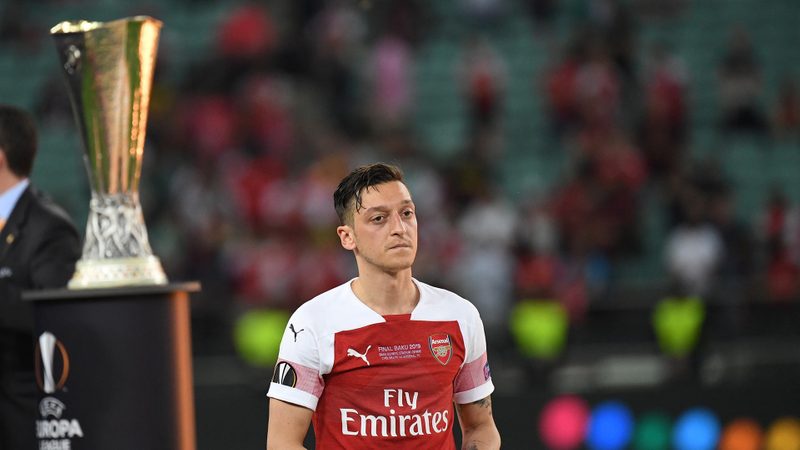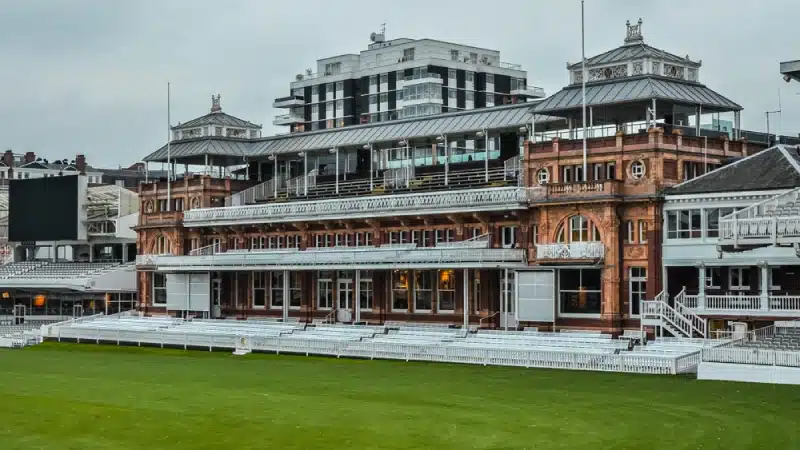
From narrowly missing out on the Golden Ball in the 2010 FIFA World Cup to not even being considered in Arsenal’s Europa League squad against Standard Liege, Mesut Ozil’s decline might see the end of another footballing legend from the previous decade.
There was a time when Ozil was likened to French legend and current Real Madrid coach, Zinedine Zidane. His commanding presence for both Real Madrid and Arsenal, as well as the German national team is well documented, and his crucial role in Germany’s 2014 FIFA World Cup triumph cannot be ignored. The German was Arsenal’s best player in his first two seasons with the Gunners, even setting a Premier League record of becoming the first player to assist in seven straight matches, a record later broken by former Arsenal captain Cesc Fabregas for Chelsea. The midfielder ended his third season at Arsenal with eight goals and 20 assists as he went on to win the Arsenal Player of the Season award as well as two back-to-back FA Cups.
However, over the last few years, the 31-year-old German has fallen down the pecking order at Arsenal, while a dispute with the Die Mannschaft’s management led to his retirement from international football in 2018.
Ozil might be the fastest player to reach 50 assists in the Premier League, but the departure of Arsene Wenger can be marked as the beginning of the end for him. Arsenal’s present manager Unai Emery openly criticized the midfielder, claiming that Ozil is ‘no longer the player he once was’, preferring to play Madrid loanee Dani Ceballos in the creative role. The German has appeared just twice for the Gunners this season while subsequently being subbed off in both.
While no one can doubt his abilities, many have questioned Ozil’s attitude and passion towards the game, with the midfielder often made to play in an unfamiliar role. While critics might be somewhat accurate about the playmaker's low work rate, many ignore the fact that Ozil belongs to a dying breed of central attacking midfielders. His true talents lie in his passing ability, something which worked fantastically well in Real Madrid as he had players like Xabi Alonso and Sami Khedira beside him who acted as the links in the middle. But in Arsenal, Ozil has lacked such workhorses which meant that he was expected to slot into a deeper role.
Ozil commands a high salary of £350,000-a-week, and this has hindered any potential move for the midfielder. Once considered at par with football’s best players, Ozil now faces the danger of fading into oblivion unless he can learn to eat his ego and squeeze a season or two more of the beautiful football his fans are so used to watching, either at Arsenal or whichever endeavour turns out to be his next.
Feature Image Courtesy: AFP / Ozan Kose




















